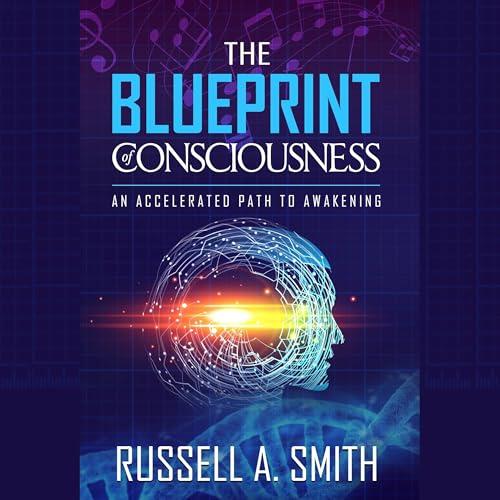In the ever-expanding realm of scientific discovery, humanity continues to unlock remarkable truths about the universe. Yet, amid these breakthroughs lie profound mysteries that elude full understanding. From the enigmatic nature of dark matter to the puzzling behavior of quantum particles, certain cosmic phenomena stubbornly resist explanation. In this article, we explore ten cosmic secrets that science has yet to fully unravel-enigmas that challenge our knowledge and inspire ongoing inquiry into the deepest workings of the cosmos.
Unveiling the Enigmas of Dark Matter and Dark Energy
Despite making up approximately 95% of the total mass-energy content of the universe, dark matter and dark energy remain elusive, challenging the very foundations of modern physics. Dark matter, an invisible substance detectable only through its gravitational effects, is believed to form the cosmic scaffolding that holds galaxies together. However, direct detection has yet to be achieved, and its true nature-whether consisting of exotic particles like WIMPs or something entirely unforeseen-continues to baffle scientists. Meanwhile, dark energy, a mysterious force driving the accelerated expansion of the universe, defies existing theories; its repulsive effect opposes gravity, but what powers it remains a profound enigma.
Their paradoxical coexistence compels researchers to rethink concepts of space, time, and matter. Among the open questions are:
- What particles or fields constitute dark matter?
- How does dark energy evolve over cosmic time?
- Could modifications to gravity explain these phenomena?
| Property | Dark Matter | Dark Energy |
|---|---|---|
| Composition | Unknown particles | Mysterious energy field |
| Effect | Gravitational attraction | Accelerated expansion |
| Detection Method | Gravitational lensing, galaxy rotation curves | Observations of supernovae, cosmic microwave background |
| Current Theories | WIMPs, axions | Cosmological constant, quintessence |
Exploring the Mysteries of Quantum Entanglement
At the heart of quantum physics lies one of the universe’s most baffling phenomena: particles separated by vast distances behaving as if linked by an invisible thread, instantly influencing each other’s state. This phenomenon defies classical intuition and challenges our understanding of space and time. Despite experimental confirmation of this ‘spooky action at a distance,’ scientists grapple with the implications it holds for causality and information transfer. Crucially, it breaks down the assumption that objects have independent realities when not observed, shaking the very foundations of what we perceive as reality.
Quantum entanglement’s enigmatic nature raises pivotal questions:
- How can entangled particles communicate instantaneously without violating relativity?
- Does this imply the existence of hidden variables or parallel universes?
- Can harnessing entanglement unlock advancements in quantum computing and secure communication?
These questions underscore a scientific frontier where physics blurs with philosophy. Researchers continue to explore the phenomenon through advanced experiments and theoretical models, yet the underlying mechanism remains elusive. Understanding entanglement could revolutionize technology and redefine our grasp of the cosmos.
Understanding the Implications of Cosmic Inflation Models
Cosmic inflation, a rapid expansion of space in the early universe, remains one of the most compelling yet enigmatic theories in modern cosmology. While it elegantly explains the uniformity of the cosmic microwave background and the large-scale structure of the universe, the exact mechanism triggering this exponential growth continues to mystify scientists. Key questions revolve around the nature of the inflaton field responsible for driving inflation and its connection to fundamental particles or forces. Moreover, discrepancies between competing models raise debates on how inflation transitioned into the hot Big Bang phase, leaving gaps in our understanding of the universe’s infancy.
Emerging data from telescopes and particle accelerators have added layers of complexity rather than clarity. For instance, the search for primordial gravitational waves-a predicted signature of inflation-has yet to yield conclusive evidence, casting doubt on several popular scenarios. Among the unresolved puzzles are:
- The multiverse hypothesis: Does inflation suggest countless bubble universes beyond our own?
- Fine-tuning problems: Why did inflation start and stop in such a precise manner?
- Energy scale ambiguities: What was the exact energy driving inflation, and how does it relate to known physics?
| Model | Key Feature | Current Status |
|---|---|---|
| Chaotic Inflation | Random initial conditions | Viable but speculative |
| Hybrid Inflation | Two interacting fields | Supported by some data |
| Natural Inflation | Pseudo Nambu-Goldstone bosons | Requires fine-tuning |
Concluding Remarks
As our understanding of the universe continues to evolve, these ten cosmic secrets remain enigmatic, reminding us of the vast unknown that still surrounds us. While science has unraveled countless mysteries, these phenomena challenge existing theories and invite further exploration. As researchers push the boundaries of knowledge, one thing is clear: the cosmos holds many more secrets waiting to be discovered. Stay tuned as we follow the quest to illuminate the universe’s most perplexing puzzles.
